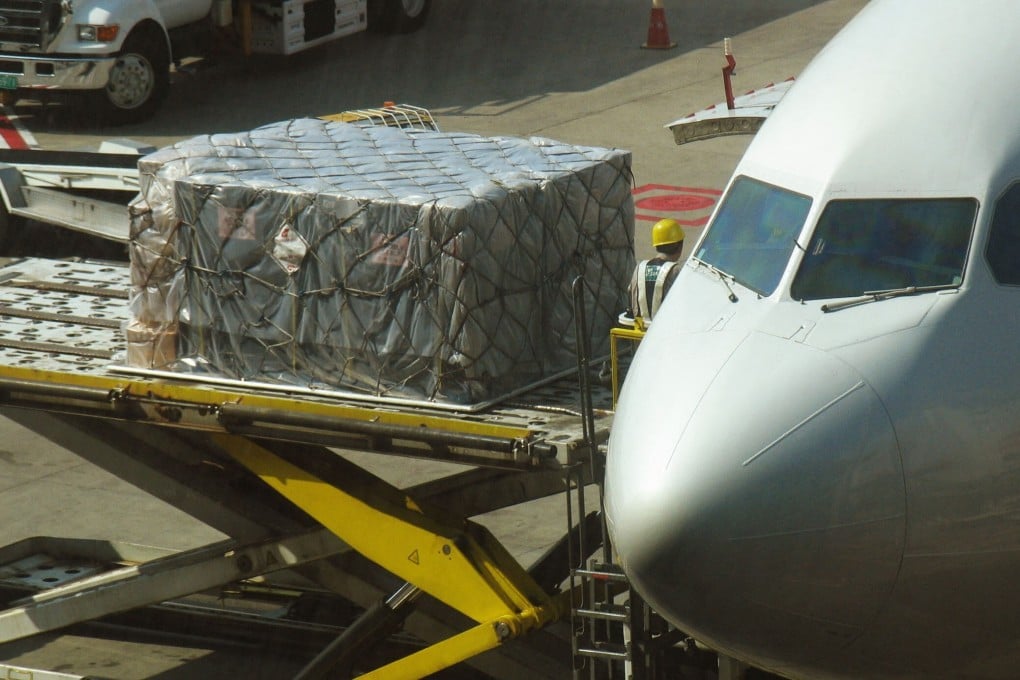China cargo freight: coronavirus cases divert flights at Shanghai airport, ‘serious backlog’ expected
- Cathay Pacific Cargo says freight has been cancelled and warehouses at Shanghai Pudong International Airport are overflowing with outbound cargo
- Labour shortage expected at airport as staff are required to work 14 days, then quarantine for 14 days, even with a negative coronavirus test, according to SEKO Logistics

Delays in deliveries and goods shipments through China’s largest cargo airport are mounting as new coronavirus infections have cancelled flights and disrupted the customs-clearance process, resulting in higher air freight prices and more strain on recovering supply chains, according to airlines and logistics providers.
Mixed messages about cargo operations have also raised questions about the extent of the delays, as authorities at Shanghai Pudong International Airport have not provided details about cargo suspensions but are said to have notified logistics providers, airlines and traders directly through online social media notices.
On Friday, two cargo workers tested positive for the coronavirus at the Pudong Air Cargo Terminal (PACTL) – one of the airport’s two terminals –prompting a suspension of its cargo aircraft operations. Three more positive cases were confirmed on Saturday.
Airport authorities said that they had quarantined and tested 143 close contacts of the five infected workers as of Monday, plus 942 secondary contacts. It remained unclear on Tuesday when regular cargo operations at PACTL would resume.
The impact of this suspension will see a serious backlog in Pudong … Cargo flight cancellations are impacting airfreight rates
As a result, airlines and freight forwarders were scrambling over the weekend to divert cargo shipments and deliveries to other airports, international freight expert SEKO Logistics said.